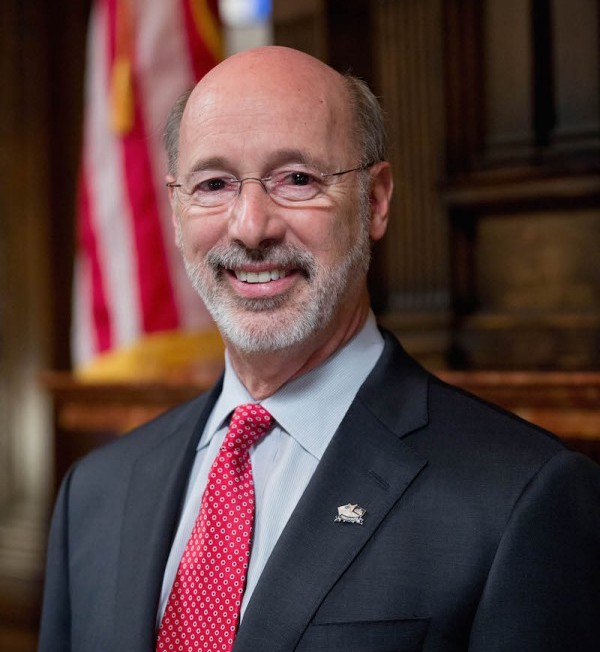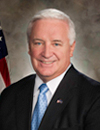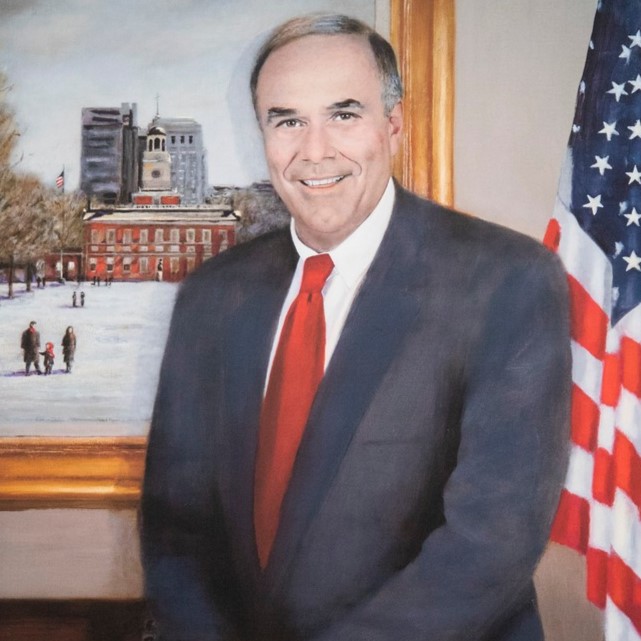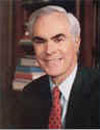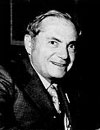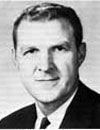Pennsylvania
Gov. James Pollock
- January 16, 1855 - January 19, 1858
- Whig; Republican
- September 10, 1811
- April 19, 1890
- Pennsylvania
- Princeton University
- Married Sarah Ann Hepburn; eight children
- Representative
About
JAMES POLLOCK was born in Milton, Pennsylvania and received both bachelor’s and master’s degrees from the College of New Jersey (Princeton). He went on to read law and became District Attorney for Northumberland County and then Judge of the Court of Common Pleas. He won three terms in the U.S. House of Representatives, where he chaired the select committee charged with overseeing construction of a railroad to the Pacific. A friend of Samuel Morse, he also urged Congress to fund the first telegraph line in 1844. In 1850 he was appointed President Judge of the Eighth Pennsylvania Judicial District. In the 1854 gubernatorial race, he was nominated by the Whigs and defeated Democratic incumbent William Bigler with the added support of nativist Know-Nothings, opponents of the Kansas-Nebraska Bill, and temperance advocates. As governor, Pollock sought to end the state’s expensive involvement in public transportation, overseeing the sale of the Main Line properties of the Pennsylvania State Works to the Pennsylvania Railroad, which helped reduce the state’s debt. He also established a department to implement public school legislation. Following the Panic of 1857, he developed methods of preventing the collapse of state-chartered banks. Declining to run for a second term as governor, Pollock returned to the practice of law. He went on to chair the Pennsylvania delegation to the 1861 Washington Peace Convention and later served as Director of the Mint of Philadelphia and then Superintendent of the Mint—a newly-created position in which he originated the motto “In God We Trust.” He was Naval Officer of Customs in Philadelphia from 1879 to 1883 and Federal Chief Supervisor of Elections in 1886. He also served as a trustee of Lafayette College and founder and trustee of Pennsylvania Military College.
Source
Sobel, Robert, and John Raimo, eds. Biographical Directory of the Governors of the United States, 1789-1978, Vol. 4. Westport, CT: Meckler Books, 1978. 4 vols.
The National Cyclopaedia of American Biography, Vol. 2. New York: James T. White & Company.
Pennsylvania Historical and Museum Commission


